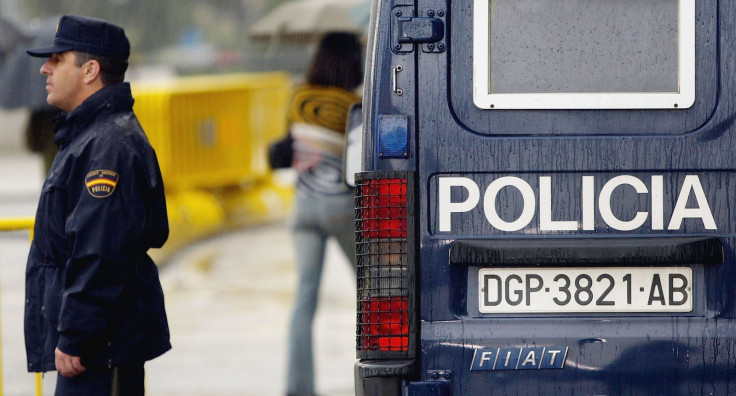Spain: Two suspected Isis recruits of Moroccan origin arrested

Spanish authorities have arrested two people in Catalonia and the Canary Islands on suspicion of being part of the Islamic State (Isis) and of recruiting and radicalising youth towards militant extremism. The latest detentions bring the number of suspected terrorists arrested in the country since the beginning of the year to 100.
The pair, a man and a woman of Moroccan origin, are Spanish nationals who have been accused of being in constant contact with active IS (Daesh) members in Syria and distributing material online to teach new recruits how to use arms and explosives. They had also reportedly posted generic death threats against France and Spain on social networks.
"We suspect they have been working within a highly professional network aimed at conveying an idealised image of their struggle in order to recruit impressionable young Spaniards and train them in the use of arms and explosives. Just like the terrorists in San Bernardino, in California, these two had also pledged their allegiance to the organization and their leader Abu Bakr al-Baghdadi and were at the point of no return," said Interior Minister Jorge Fernández Díaz as reported by Spanish daily El Pais. It is believed the suspects were awaiting instructions from handlers in Syria connected to Baghdadi.
Post the Paris attacks, Europe has been grappling with home-bred jihadists and the California attack seems to suggest the phenomenon has spread to the US as well. Spanish authorities have been clamping down on potential threats including spread of radicalisation. A 32-year-old Moroccan man was arrested in Pamplona recently after he was found to have been viewing jihadist material online over the last two years.
On 23 November, Spanish police apprehended an inmate at a local prison on suspicion he recruited militants for the IS from the group of prisoners at the facility. A few days later, on 28 November, the Civil Guard in Spain arrested two men and a woman in Barcelona accused of belonging to a jihadist network that specialised in recruiting women and sending them to conflict zones.
A campaign called "Stop Radicalismos" has been initiated by the government to locate potential jihadists before they become fully radicalised. To involve help from the public, the government also launched a website, a hotline number (900 822 066) and a mobile alert service through the app AlertCops to report radicalisation attempts.
© Copyright IBTimes 2025. All rights reserved.



















